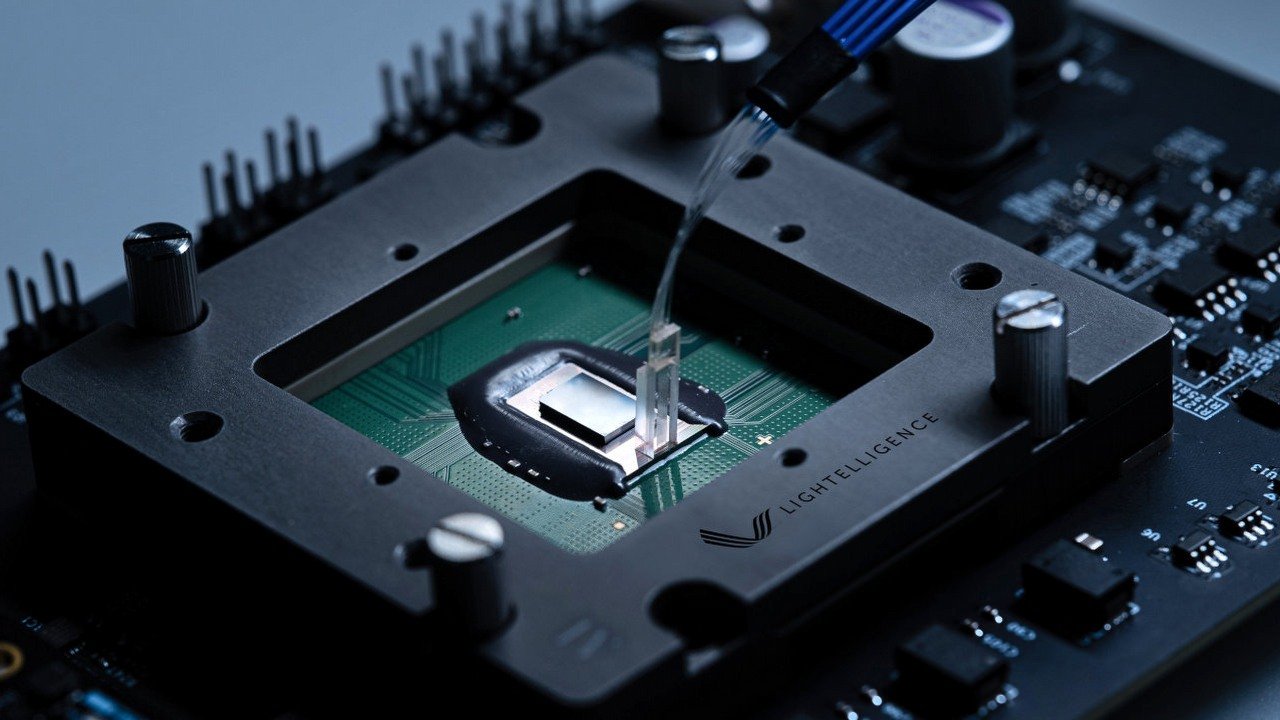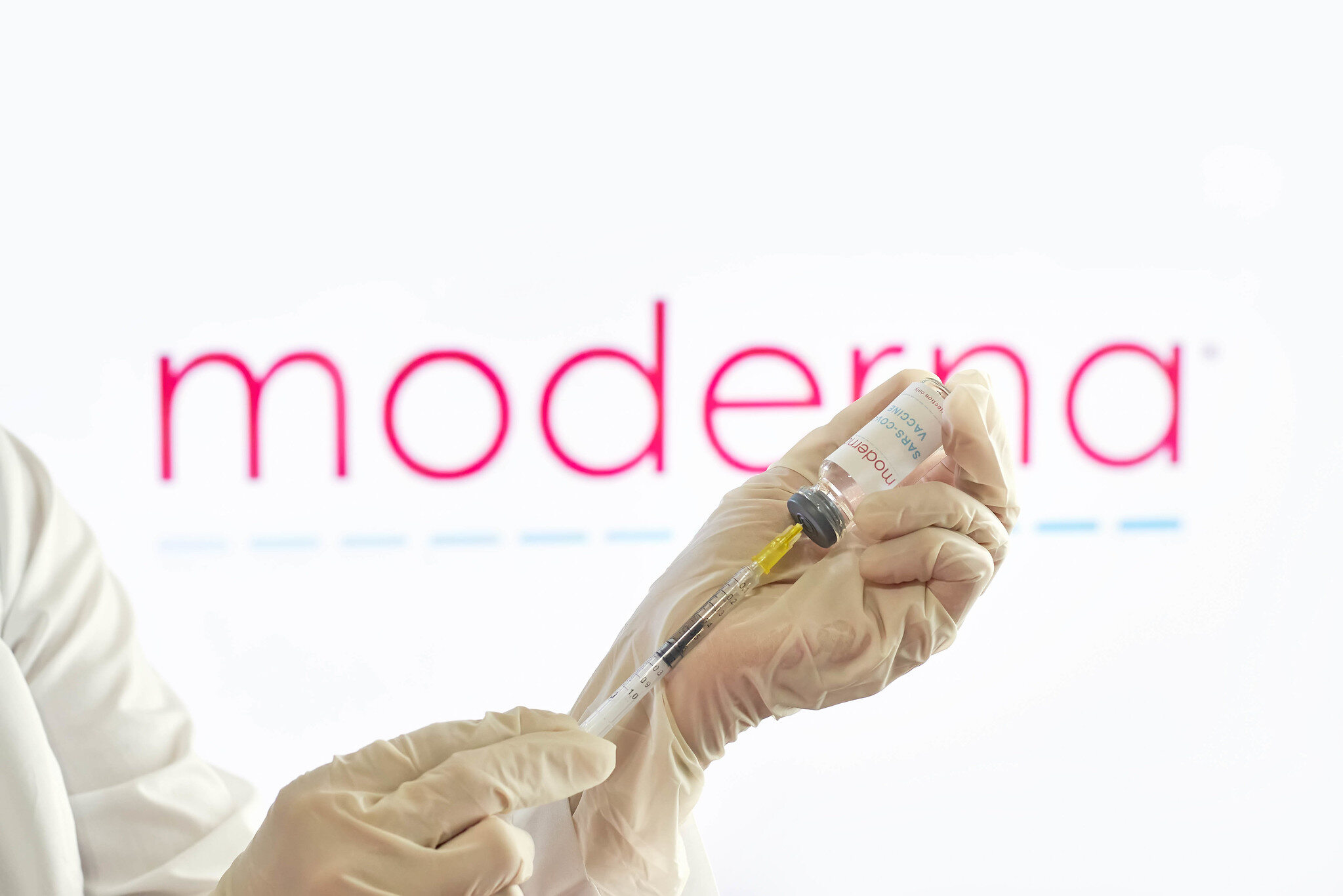The Council of the European Union adopted the Directive on the right to repair. Consumers will have easier and cheaper access to equipment repair. The directive aims to reduce the amount of e-waste in the EU and encourage manufacturers to design equipment to be more durable and easier to repair.
The new regulations aim to enable consumers to make easier, cheaper and faster repairs and encourage them to repair devices instead of buying new ones. The regulations will enter into force 20 days after their publication in the EU Law Journal. Member states will have 24 months to implement it into national law.
Currently, European consumers, instead of repairing broken devices, prefer to replace them with new ones. This is because repairs are expensive, there are few spare parts on the market, or when manufacturers designed the devices, they did not take into account the possibility of repairing them at all. For example, the devices are sealed so that they cannot be opened.
See also: The end of vegetables packaged in plastic bags and ketchup in sachets is approaching. EU regulations will be tightened
The right to repair. What will be the benefits for consumers?
The right to repair, adopted by the European Union Council on Thursday, aims to enable consumers to repair household appliances easily, quickly and inexpensively.
Under the new directive, manufacturers will be required to provide prompt and cost-effective repair services and inform customers that they have the right to request this service. Goods repaired while still under warranty will receive an additional year of protection, which is intended to encourage consumers to choose repair rather than product replacement.
Repair will also be available after the warranty period expires. In such a case, the manufacturer will be obliged to repair the product at a reasonable price and within a reasonable period of time. Repairs will be possible not only at manufacturer-authorized services, but also at independent repair stations. To facilitate this process, a platform will be launched in the European Union where consumers will be able to find, among other things: information about repair points operating in their vicinity.
The regulation will cover a specific category of home appliances, including: Dishwashers, washing machines, smartphones and electronic monitorsBut this list can be expanded at any time.
EU legislators do not hide the fact that they hope not only that the new regulations will help reduce the number of e-waste in the EU, but also that the new regulations in general will encourage manufacturers to design equipment so that it is more durable, repairable and therefore – according to the principle Circular economy – suitable for reuse and recycling.
Politicians hope that thanks to the new regulations, reform will become a more attractive branch of the EU economy, which will help create new jobs on the EU market.
Main image source: Stock struggle

Echo Richards embodies a personality that is a delightful contradiction: a humble musicaholic who never brags about her expansive knowledge of both classic and contemporary tunes. Infuriatingly modest, one would never know from a mere conversation how deeply entrenched she is in the world of music. This passion seamlessly translates into her problem-solving skills, with Echo often drawing inspiration from melodies and rhythms. A voracious reader, she dives deep into literature, using stories to influence her own hardcore writing. Her spirited advocacy for alcohol isn’t about mere indulgence, but about celebrating life’s poignant moments.









